"Our goal is to position ETH Zurich well and provide students with an excellent education"
For 18 years, Denise Spicher shaped the study administration of the D-INFK – now she is retiring. In this interview, she describes the changes in the department, talks about the source of her commitment and recalls a special incident with a student.
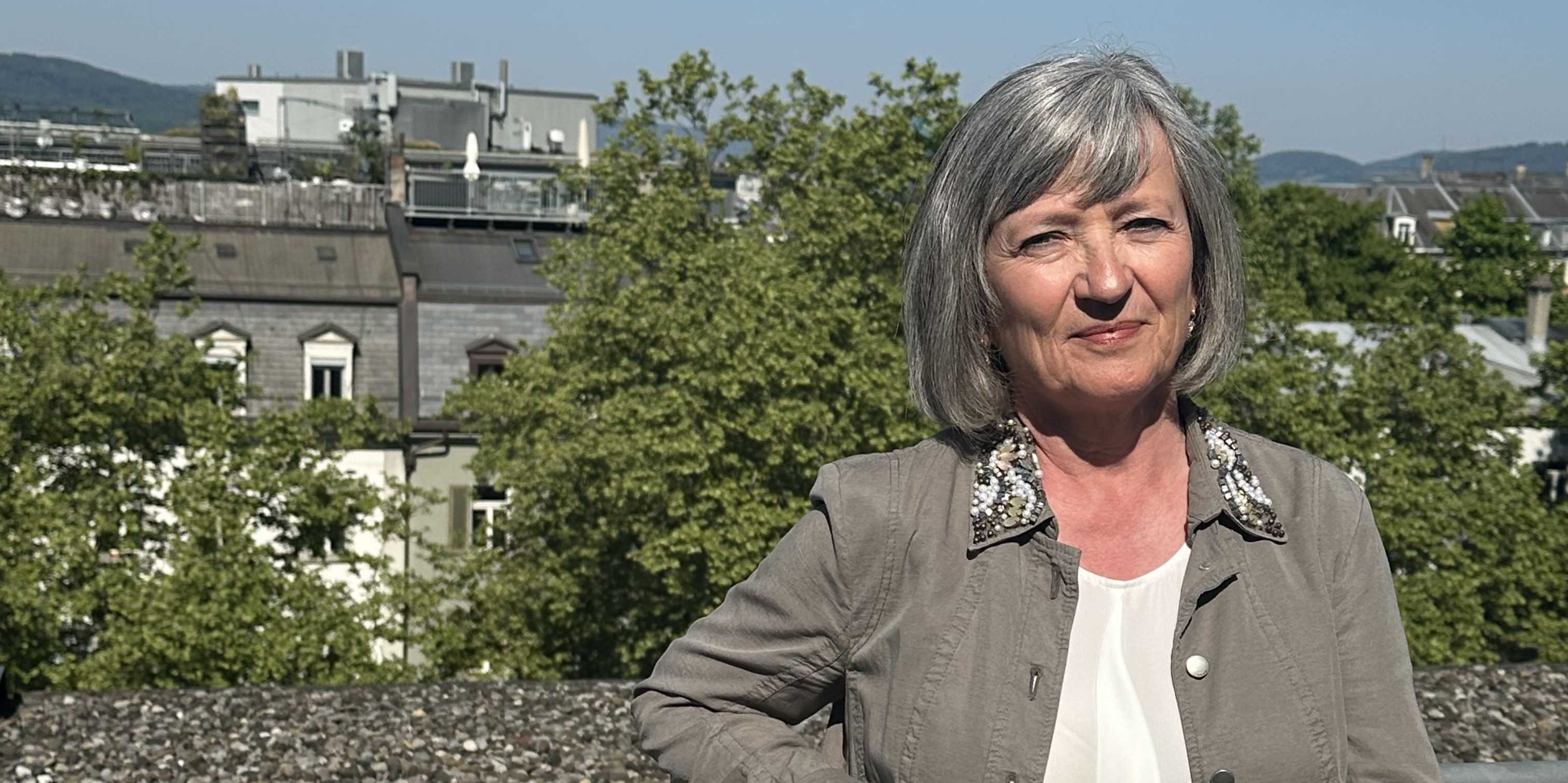
Denise, your retirement is imminent. How are you feeling?
Denise Spicher: I feel very good. I’m looking forward to having more time for myself and being able to determine my own daily routine. At first I had to get used to the idea – it’s a new stage in my life. But now I’m looking forward to it with anticipation and curiosity.
In June 2007, 18 years ago, you took up your position at ETH Zurich. How did that come about?
I saw an advertisement in the newspaper at the time. As I was looking for a new challenge anyway, I showed it to my partner – and he motivated me to apply. Shortly afterwards, I received a call from Peter Koschitz, the department coordinator at the time, who invited me to an interview. During a casual conversation, I got to know my predecessor Hans Dubach and the Director of Studies at the time, Professor Jürg Gutknecht. At the second interview, I met Professor Markus Gross – and shortly afterwards I was accepted for the position.
What were your early days like?
I was pretty much thrown in at the deep end. The university world was
completely new to me – I had previously worked as an HR specialist in a law firm. Suddenly, students and professors were my “customers”. It took me a while to familiarise myself and really get going.
“I truly enjoyed working with young people and my role as a link in the department”Denise Spicher, Student Administration
What changes have you experienced in the department over the years?
In the early years or in the first few years, I still knew many students personally. Back then, a lot of things were still done on paper – for example, students had to register their Master’s thesis with me in person. You could discuss other questions at the same time. Today, a lot of things are digitalised, which simplifies many things, but also leads to less personal contact. I think that’s a shame, but it’s part of a larger social change that has accelerated significantly since the pandemic.
How have students changed?
They have become much more international, particularly at the Master’s level. While we are pleased about this, it also means more administrative work. Many of these students want to intern at tech companies such as Google, IBM and Microsoft, but this is not part of the curriculum. Therefore, it is often difficult for them to obtain a work permit. In such cases, we receive many inquiries and try to provide the best possible support.
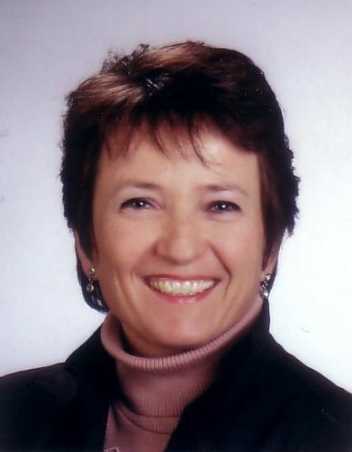
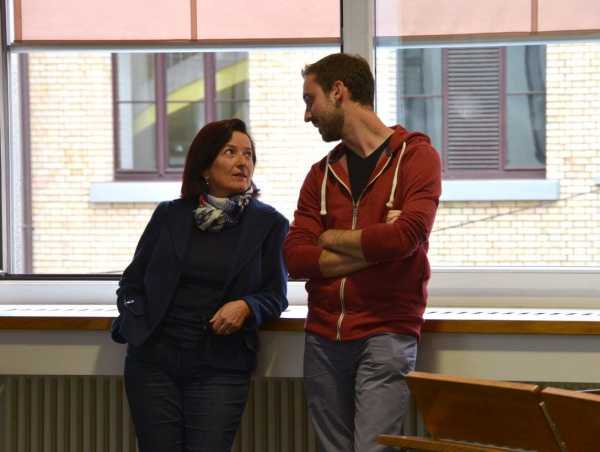
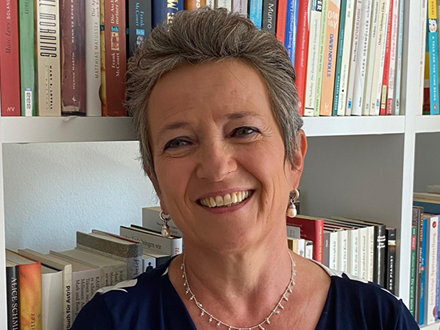
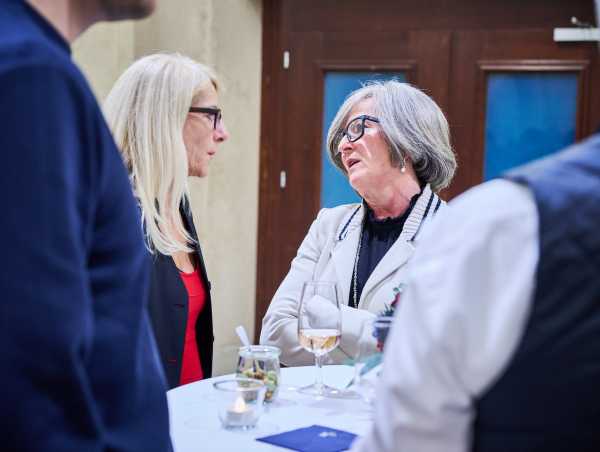
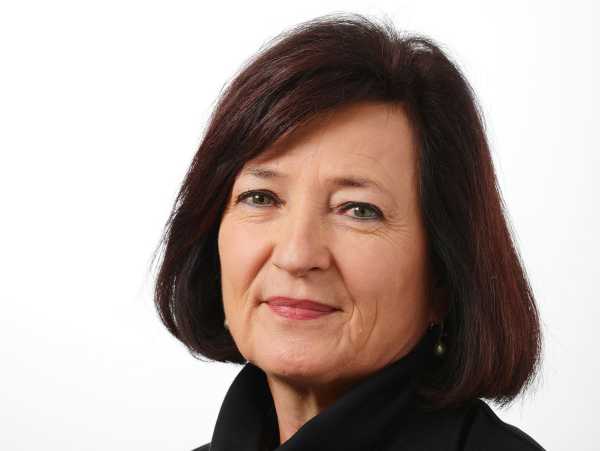
What did you enjoy most about your work?
Working with young people and my role as a link in the department. I’ve always seen Student Administration as a hub. We are the point of contact for students, assistants and professors. I really liked that. Of course, there are repetitive tasks, but there are also always new developments. I also appreciated that the directors of studies took my opinion seriously.
“I really appreciated the cross-departmental collaboration and I met many great people”Denise Spicher, Student Administration
You have worked with several directors of studies over the years. Have you noticed different approaches?
Yes, definitely. What I really appreciated about all of them: I was given a lot of autonomy. There was no micromanagement, the main thing was that the work was done well. Some directors of studies also showed a particular interest in current topics from day-to-day administration and regularly asked me about them, which I found very positive.
Which ETH units did you deal with most often?
I dealt with them very often in timetabling, which was one of my tasks. I also worked with the Rectorate in areas such as examination planning and the Registrar’s Office, as well as various other units in the teaching department. I really appreciated the cross-departmental collaboration. I met many great people and experienced a lot of goodwill from the Rectorate. Ultimately, we are all working towards the same goal: positioning ETH Zurich well and offering students a great education.
What exactly did the timetabling involve?
The professors notify us of their lectures with the relevant information –e.g. duration, preferred time and new teaching assignments. We record this in the system and make the necessary room reservations. Given the shortage of space, this was often a challenge. The planning is then reviewed by the Rectorate – there is a lot of coordination involved. The entire semester planning is then discussed in the teaching committee and put to the Department Conference for approval.
What challenges do you anticipate for the department in the coming years?
The reform of the academic calendar and the examination system (PAKETH) and the Digital Campus project will bring major changes for student administration. The planned increase in tuition fees will also have an impact and could reduce the number of international students. In recent years, however, the number of computer science students has risen steadily. If this continues, the question arises as to how the department can cope with the situation in terms of space and, above all, organisation. Even today, many students spend a long time looking for a topic and supervisor for their Bachelor’s thesis – a frustrating situation. I have often tried to help by approaching professors directly.
“For our work, you have to like people, but also be able to distance yourself emotionally”Denise Spicher, Student Administration
You are considered very committed. Where does this drive come from?
I think it’s in my nature. I was brought up to do my job well – reliably and without fuss. This attitude has helped me in all my jobs. And part of what drives me is certainly that I’m a people person. And to do this job, you have to like people. At the same time, you also have to learn to set yourself apart emotionally, especially when students are in difficult situations.
Do you have a particular experience that sticks in your mind?
Yes – I remember a student who was about to start a refresher course in the Swiss army, but had to write an exam beforehand. He came to the exam in uniform and with an assault rifle – which of course caused quite a stir. He was then sent to me and deposited his rifle in my office. I will never forget that image.
What are your plans?
I’m planning to move back to my home canton, where my partner also lives. It’s a big project, but at the same time a great opportunity to say goodbye to the old and start something new. Ageing is also a new beginning. I would like to do voluntary work in the future – for example in a mountain restaurant in the summer. I want to help people who have had less luck in life than me. I certainly won’t be bored; I often attend cultural events and do sports, and I want to invest more time in friendships.